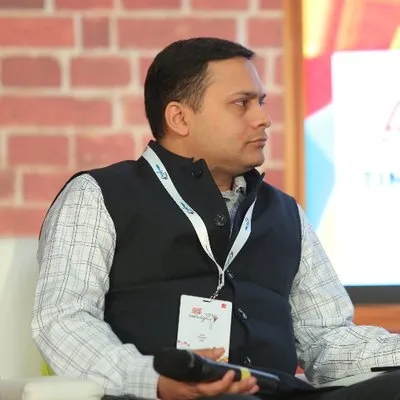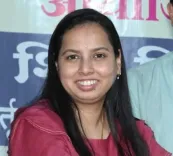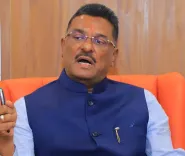Why Did Amit Malviya Criticize Mamata's Support for Omar's Martyrs' Day Call?

Synopsis
Key Takeaways
- Amit Malviya criticized Mamata Banerjee’s support for Omar Abdullah’s Martyrs’ Day declaration.
- The events of July 13, 1931, are pivotal in Kashmir's history.
- Political endorsements can impact communal harmony.
Kolkata, July 14 (NationPress) BJP’s information technology cell chief and the party’s central observer for West Bengal, Amit Malviya, on Monday, mocked Chief Minister Mamata Banerjee’s endorsement of her Jammu and Kashmir counterpart Omar Abdullah's call to commemorate July 13 as “Martyrs’ Day”.
Earlier that day, Mamata Banerjee responded to the news of Omar Abdullah visiting the Martyrs' Graveyard that morning, where he climbed a wall and paid respects to Kashmiri protesters who were shot dead by Maharaja Hari Singh's Dogra forces on July 13, 1931.
“What’s wrong with visiting the graveyard of martyrs? This is not just unfortunate; it also infringes on the democratic rights of a citizen. What transpired this morning with an elected Chief Minister @OmarAbdullah is unacceptable. It’s shocking and shameful,” remarked the Chief Minister of West Bengal, sharing her thoughts on her official X handle.
In response to Mamata Banerjee’s post, Malviya issued a counter-statement arguing that the West Bengal Chief Minister’s backing of Abdullah on this matter is not about honoring memories.
“It’s about intentional appeasement, historical distortion, and dog-whistle politics aimed at appeasing Islamist vote banks,” Malviya stated, also posting this on his official X handle.
He pointed out that July 13 marked the first organized communal riot in Kashmir, a violent Islamist uprising against the state, and tragically, against innocent Hindus.
“It was an assault on the essence of India,” his statement emphasized.
Malviya then recounted the events of July 13, 1931, in Srinagar, where Hindu-owned houses, shops, and properties were reportedly attacked by rioters.
“The entire riot was fueled by the slogan 'Islam khatre mein hai' ('Islam is in danger'). The true aim was to assert Islamic supremacy, challenge the Dogra Hindu monarchy, and disrupt Kashmir’s delicate communal equilibrium,” his statement conveyed.
“This incident marked the inception of radical Islamist separatism in the Valley — something the Abdullah family, from Sheikh to Omar, has consistently attempted to reframe as 'martyrdom'. Now, Mamata Banerjee wants to legitimize this misleading narrative, reminiscent of the Direct Action Day – August 16, 1946, in Kolkata (then Calcutta),” Malviya added.
According to him, Mamata Banerjee’s backing of Omar Abdullah’s call was not about honoring freedom fighters, but rather about whitewashing Islamist violence, flirting with separatism, and catering to a vote bank — even at the cost of reopening historical wounds.
“Now, she aims to unleash similar civilizational terror in Bengal. From Malda to Murshidabad, Basirhat, Deganga, Itahar, Howrah — TMC leaders, councilors, MLAs, and MPs are actively facilitating and spreading violence and intimidation to orchestrate demographic shifts,” Malviya’s statement concluded.





